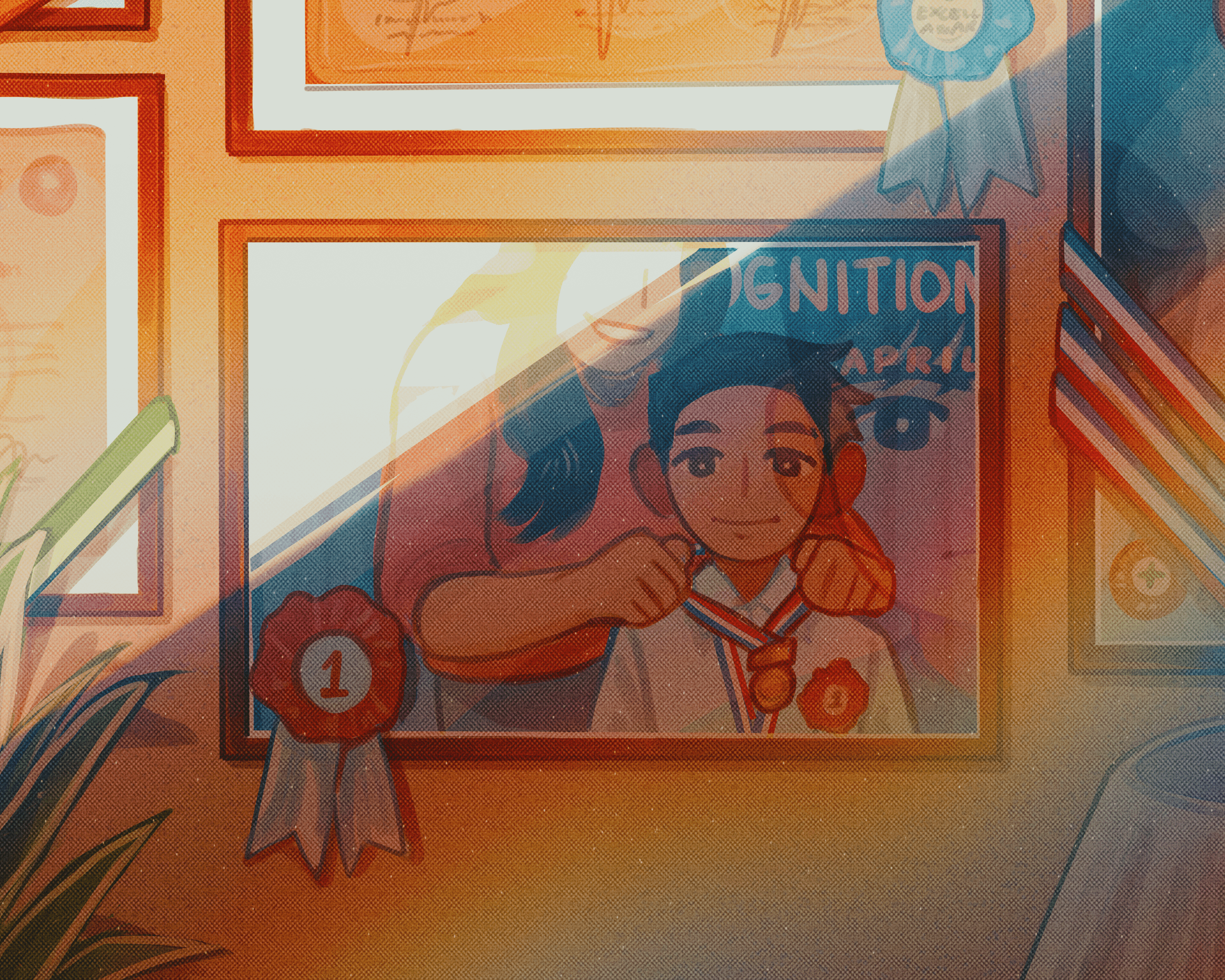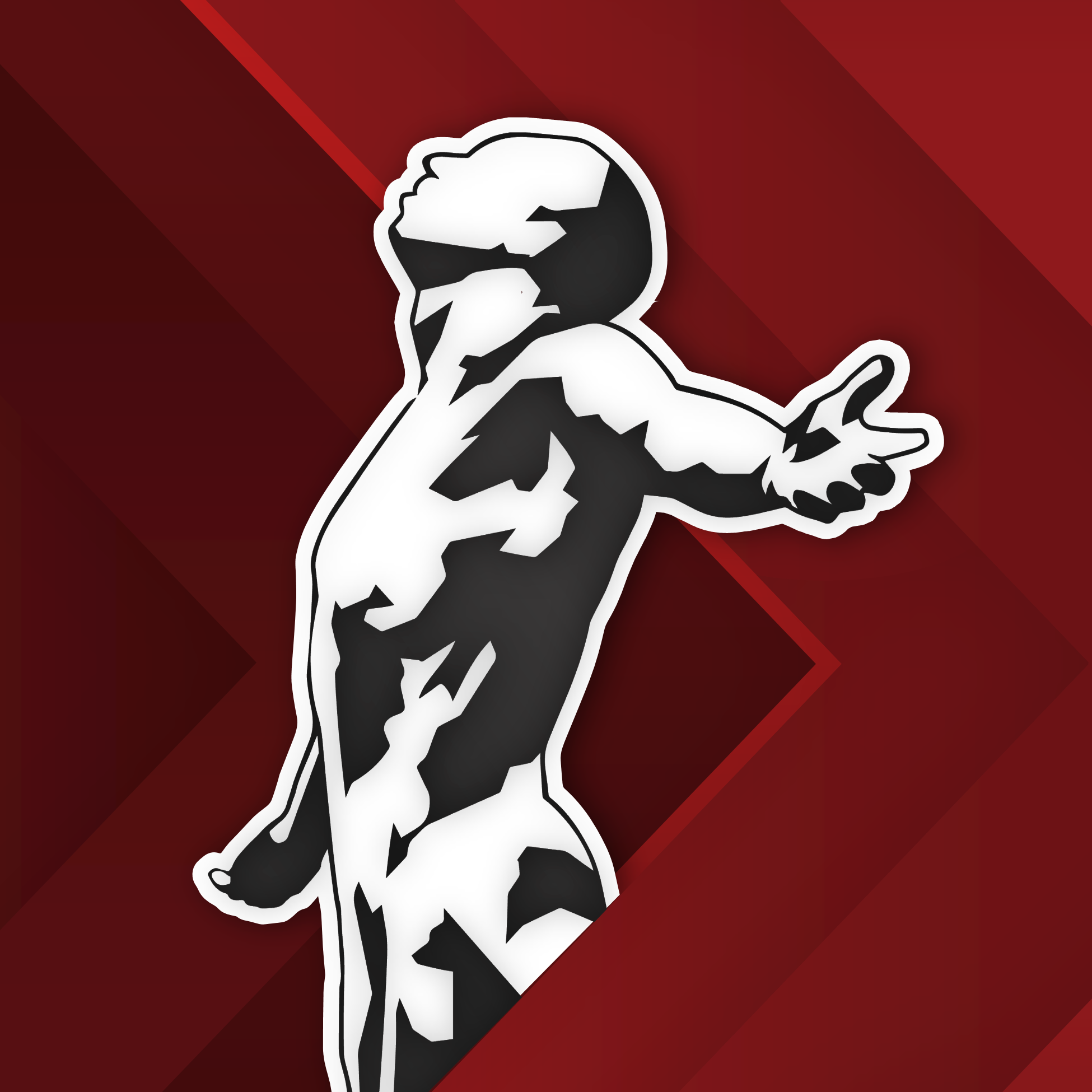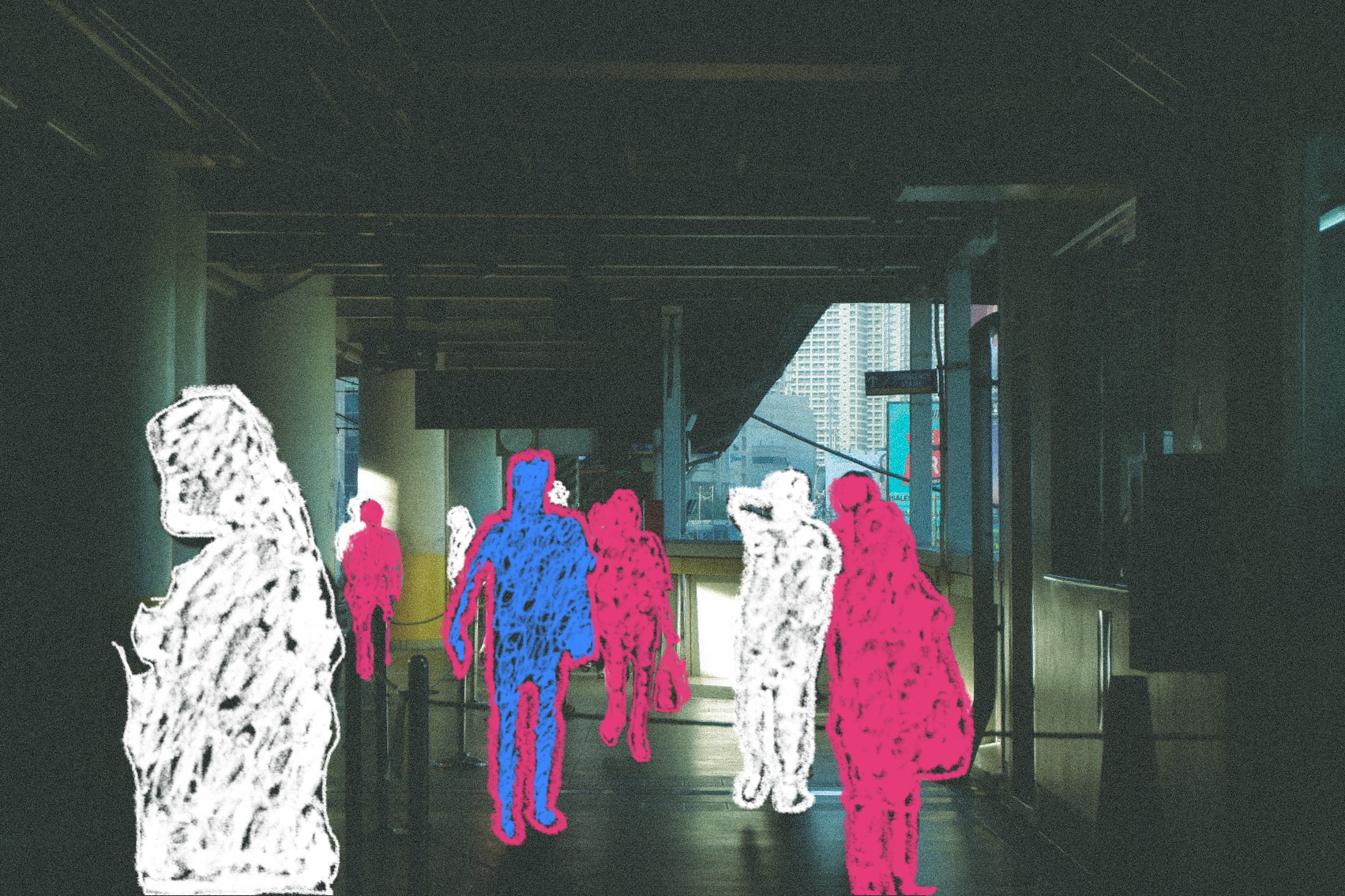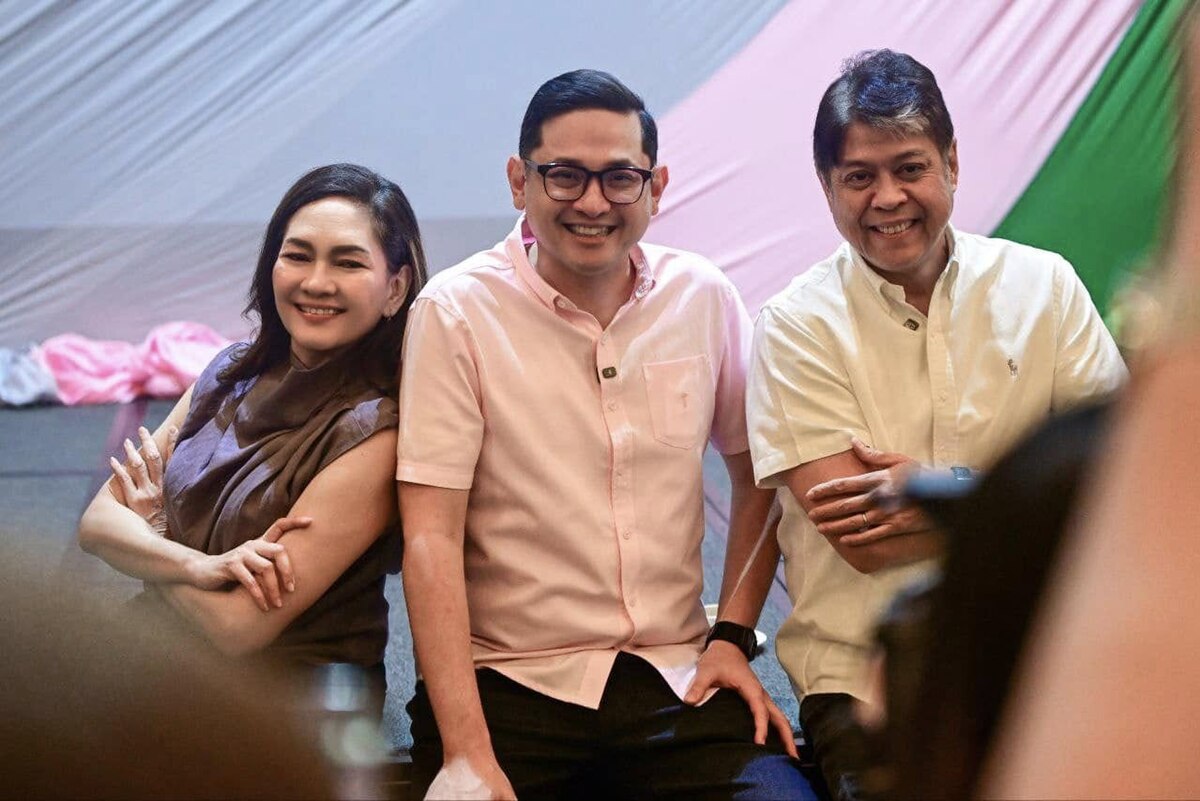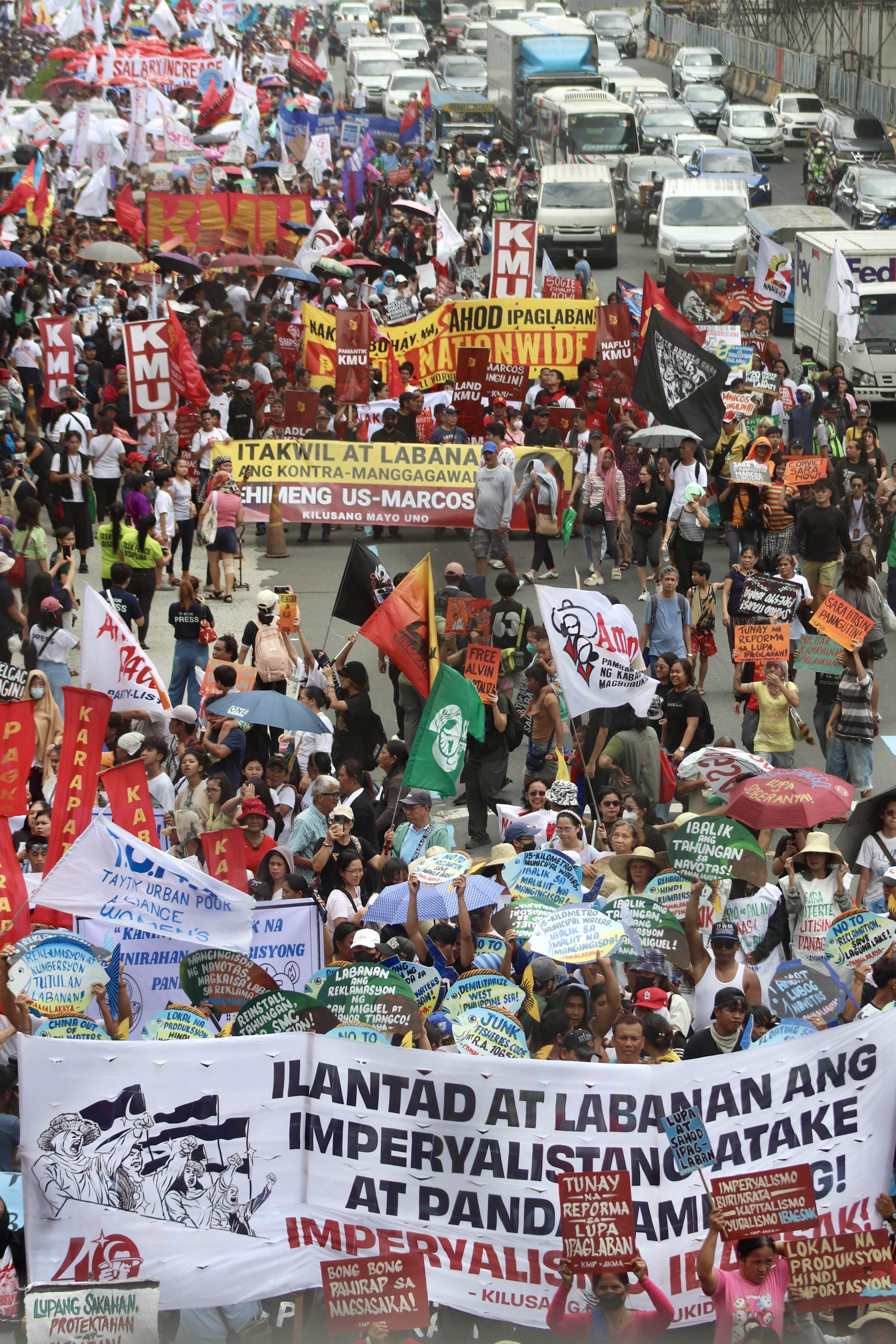By MARC
I first learned to associate homosexuality with death when I was in elementary school.
After watching several episodes of “Gandang Gabi Vice” and repeatedly hearing my classmates call me bakla, I asked my mother one night out of sheer curiosity what would happen if I were to discover that I was gay.
“Mamamatay ako ‘pag nangyari iyan,” she said, among the few instances in my childhood I can still recall vividly. To be the first homosexual in our family would be a scandal to the clan, an affront to God, a transgression of nature’s law.
Out of fear that my mother would die, I kept to myself and let the rot fester in me. I simulated death in many ways. When a peer jokingly taunted my feminine demeanor, I held my breath until my chest gave out and my world shut off. When a teacher in my Catholic school condemned same-sex relationships, I closed my eyes and imagined the absolute darkness that would envelop me if I did not eschew my wrongful ways.
In trying to evade my mother’s demise, I increasingly careened toward desiring my own.
At a random predawn, when I was in grade 7, my mother dragged me out of bed. She was visibly distraught. Without any greeting, she asked me upfront: “Bakla ka ba?”
The world stilled. I stumbled, said maybe, then denied it, affirmed the question, only to backtrack and say I do not know. My mother was crying. I sobbed and hyperventilated, impeding my ability to respond. But at least this way, at the cusp of what I then felt as a moment of life and death, I had an excuse not to admit anything.
My mother told me there’s still a chance to change. She said she knew no homosexual who had lived a happy life. I had to hide it from my father, siblings, and friends, she added. I had to perform well and be good so that people would not suspect anything about me. I knew she feared for me, wanted to protect me, and only desired the best for me. But I despised her for that, and felt that I could only coexist with her if I built a wall robust enough to split our worlds from each other.
I wish I could have told my mother she was wrong. Contrary to the unhappy life she warned me of, I never felt more alive than when I embraced who I am and found a community that accepted me. Life thrives in authenticity. I felt that way during my first Pride March in high school, open conversations with friends, and loving interactions with fellow queer individuals.
I know that my mother now tries her best to be supportive, even when we seldom talk about my sexuality. Every now and then, she would subtly tell me I could confide in her about anything, and she would accept me. Maybe her perspectives had truly progressed. But regardless of this recognition and all my strides, fear still takes deep root.
In philosophy, we call this akrasia: the weakness of the will. Unsheddable feelings and sturdy walls remain, precluding me from realizing my best judgments. But once I surmount these, I will someday tell my mom: My homosexuality does not kill. The life you gave me endures, and it flourishes in a community that nurtures acceptance and unconditional love. ●
